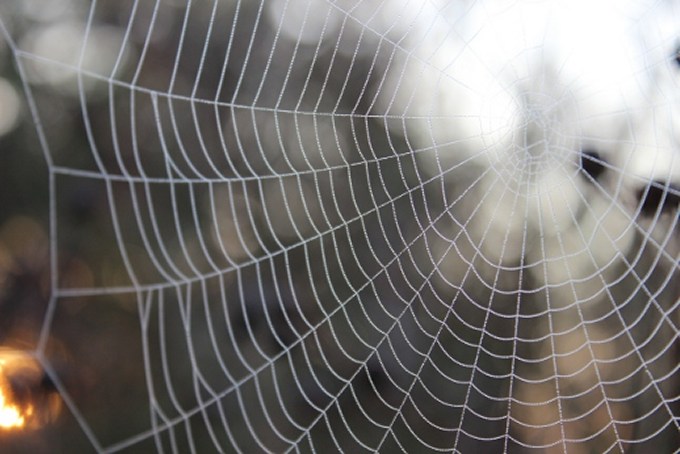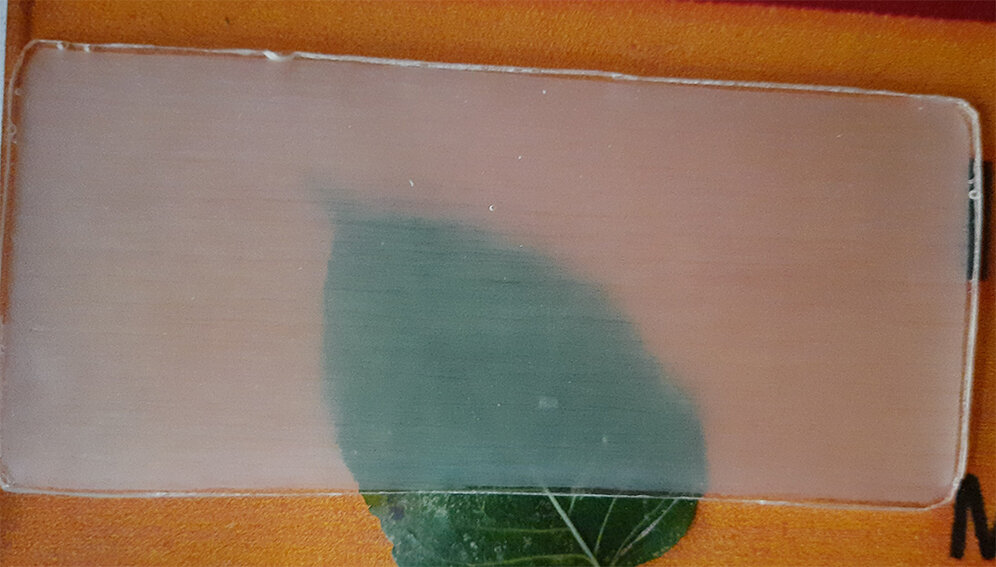Scientists at Florida State University’s MagLab facility have successfully turned spider silk into microscopic wires that can conduct electricity. This nanotubes-coated spider silk is tough and can stretch and shrink with humidity.
Almost all modern electronic gadgets are made up of non-biodegradable components that ultimately end up in landfills causing harm to the environment. This innovation could lead to eco-friendly electronics with biodegradable parts.
Spider silk is super strong polymer that is extremely flexible and completely bio-degradable. However, it’s not a conductor of electricity. In fact, spider silk is an extremely effective insulator. The researchers coated the spider silk fibers with dry carbon powder, which allowed the silk to carry a charge.
The sleek threads were collected from the webs of golden silk spiders – ‘Nephila clavipes’. This species is common in the southern regions of the US and famous for making very large webs … sometimes up to 3 feet across, that makes their silk easier to gather.
After being treated with carbon nanotubes, the silk was not only conductive, its threads were stronger than steel of the same size. It was 300 times stronger than before. It also had a lifting strength 50 times stronger than muscle. It remained extremely resilient and biodegradable.
The researchers were able to make spiral coils, knots and even the letters “FSU” (for Florida State University) out of these coated wires. They even built a heart monitor as a proof of the concept.







